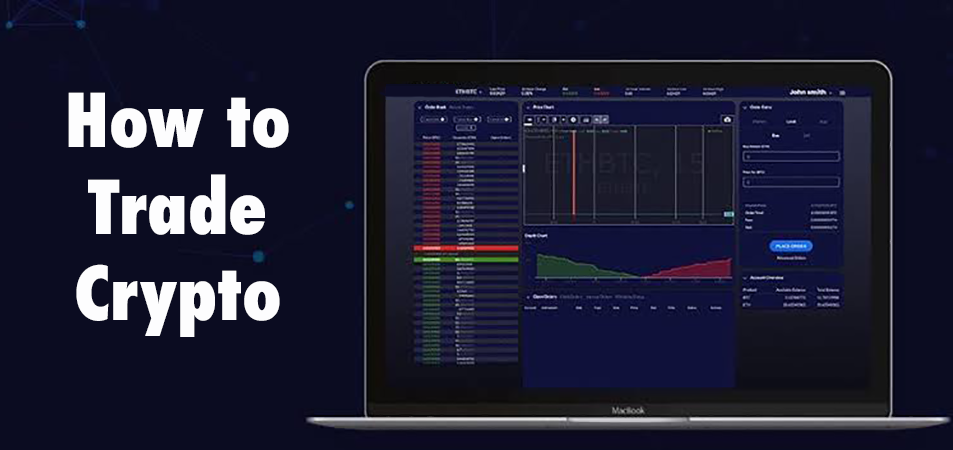Cryptocurrency trading is the act of hypothesizing on cryptocurrency rate movements through a CFD trading account, or buying and offering the underlying coins via an exchange. CFDs trading are derivatives, which enable you to speculate on cryptocurrency price movements without taking ownership of the underlying coins. You can go long (' buy') if you think a cryptocurrency will increase in value, or brief (' sell') if you think it will fall.
Your revenue or loss are still computed according to the complete size of your position, so utilize will magnify both earnings and losses. When you purchase cryptocurrencies through an exchange, you buy the coins themselves. You'll need to create an exchange account, installed the amount of the possession to open a position, and store the cryptocurrency tokens in your own wallet up until you're all set to sell.
Many exchanges also have limits on just how much you can transfer, while accounts can be really costly to preserve. Cryptocurrency markets are decentralised, which implies they are not issued or backed by a central authority such as a government. Rather, they run across a network of computer systems. However, cryptocurrencies can be purchased and offered via exchanges and kept in 'wallets'.
 To Trade Cryptocurrency ...blockgeeks.com
To Trade Cryptocurrency ...blockgeeks.com
When a user wants to send out cryptocurrency units to another user, they send it to that user's digital wallet. The deal isn't thought about last till it has been verified and contributed to the blockchain through a process called mining. This is likewise how new cryptocurrency tokens are typically created. A blockchain is a shared digital register of recorded information.
To choose the best exchange for your needs, it is important to fully understand the kinds of exchanges. The first and most common kind of exchange is the central exchange. Popular exchanges that fall under this classification are Coinbase, Binance, Kraken, and Gemini. These exchanges are personal business that provide platforms to trade cryptocurrency.
The exchanges listed above all have active trading, high volumes, and liquidity. That stated, centralized exchanges are not in line with the viewpoint of Bitcoin. They operate on their own how to trade crypto private servers which creates a vector of attack. If the servers of the company were to be compromised, the entire system could be shut down for a long time.
The larger, more popular central exchanges are without a doubt the simplest on-ramp for brand-new users and they even provide some level of insurance coverage must their systems fail. While this is true, when cryptocurrency is acquired on these exchanges it is kept within their custodial wallets and not in your own wallet that you own the secrets to.
Must your computer and your Coinbase account, for example, end up being compromised, your funds would be lost and you would not likely have the ability to claim insurance coverage. This is why it is essential to withdraw any big amounts and practice safe storage. Decentralized exchanges operate in the same manner that Bitcoin does.
Instead, think about it as a server, except that each computer system within the server is spread out across the More helpful hints world and each computer system that comprises one part of that server is controlled by a person. If among these computers turns off, it has no impact on the network as an entire since there are lots of other computer systems that will continue running the network.